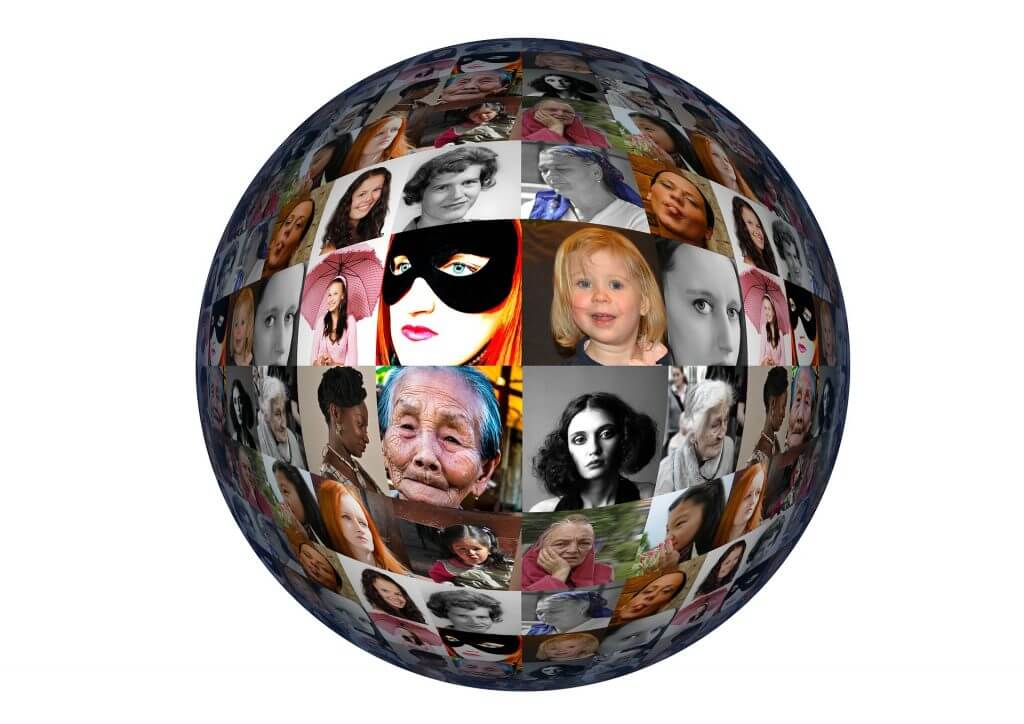Economic Empowerment of International Women’s Day

When we talk about “economic empowerment of women” we must understand that the biggest problem that International Women’s Day face today is that their work is not recognized at all. Women have always contributed to the society and the economy in the form of a helping hand in agriculture and food production in the developing countries and in the form of part time and temporary workers in developed countries. This is apart from their role as a homemaker which is not even valued economically. In fact the recent statistics of the UN tell us that 53% of work in developing countries is carried out by International Women’s Day and out of $ 16 trillion global output which is invisible, $ 11 trillion is contributed by women. Even after so much contribution there is a lack of acknowledgement regarding the role of women in every sphere of life. The problem is actually much larger than what we perceive and therefore the issue is not just about economic empowerment of women. It is in fact about the deep rooted bias and discrimination against women that is prevalent in the society.
Economic empowerment of women: Discrimination against women
It is ironical and sad to note that that there is a wide scale discrimination against women in virtually all aspects of life. She is in a disadvantageous and deprived position even as regards to basic rights like the right to education and health. Further she does not have access to capital or other resources to make an informed choice in her life. Women are kept out of the decision making power structure in every sphere of life including the political, economic, social and religious structures of the society. Coming back to the question of active contribution made by women in economic terms or otherwise we find that the society happily laps up the labour efforts of women in every part of the world but when it comes to sharing the spoils of that labour she is kept out. This is not only happening in the developing countries but it is also true for the developed countries where majority of women who are working in the informal economies as part time workers have less access to basic health care services, education, financial resources, employee rights and land ownerships. If we look at the “decision making structure” in any field whether it be economic, social, political or religious arena then we will find that it becomes virtually impossible for women to climb up the ladder and reach the positions that matter because of open discrimination and bias. But we cannot sit with all these problems and loathe about it. Somewhere we have to make a beginning and making a beginning at the economic front is the best step forward.

